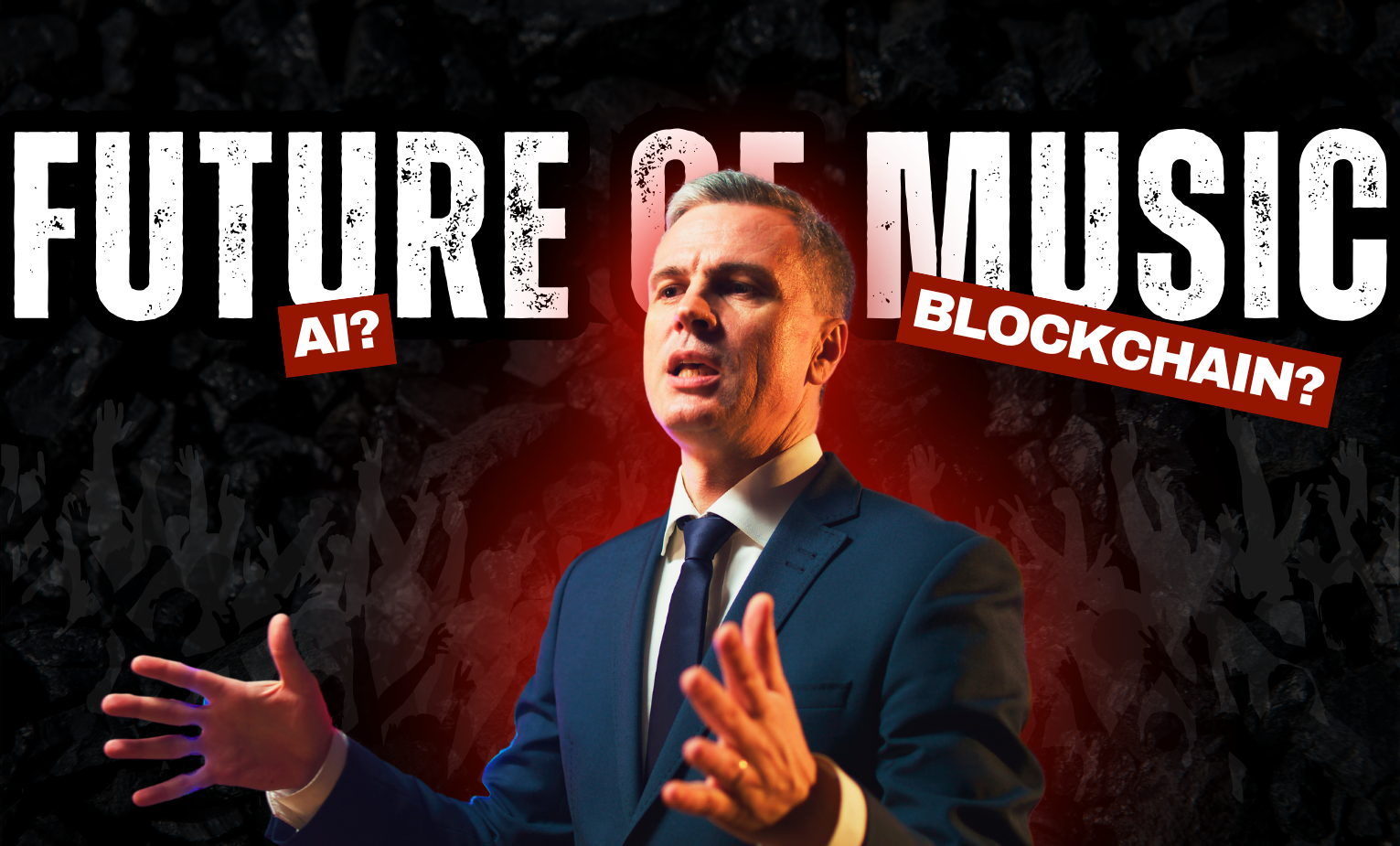The music distribution landscape is on the cusp of a technological revolution that promises to fundamentally transform how artists share their work and get compensated. Two technologies in particular—artificial intelligence and blockchain—are leading this transformation, offering solutions to long-standing industry challenges while creating entirely new possibilities.
The combination of AI and blockchain isn't just changing music distribution—it's redefining the relationship between artists, listeners, and the industry itself.
AI-Powered Distribution and Discovery
Artificial intelligence is already reshaping how music is discovered, recommended, and promoted. Advanced algorithms analyze listener behavior patterns to create increasingly sophisticated recommendation engines, helping artists reach their ideal audience with unprecedented precision. These systems go beyond simple genre matching to understand emotional resonance, production style, and even lyrical themes.
For independent artists, AI tools are democratizing access to professional-grade mastering, mixing, and production assistance. Services that once required expensive studio time can now be accessed through AI-powered platforms at a fraction of the cost, allowing artists to create release-ready tracks with minimal equipment.
Perhaps most intriguingly, AI is beginning to enable hyper-personalization of music experiences. Adaptive tracks that respond to listener context (such as time of day, weather, or activity) are becoming technically feasible, creating new creative and commercial opportunities for forward-thinking artists.
Blockchain: Transforming Rights and Royalties
While AI is changing how music reaches listeners, blockchain technology is revolutionizing the financial and rights management aspects of the industry. Smart contracts built on blockchain platforms can automatically execute royalty payments when music is streamed or purchased, eliminating payment delays and ensuring all contributors receive their fair share instantly.
The transparency inherent in blockchain systems addresses one of the music industry's most persistent problems: the black box of royalty accounting. With blockchain, every stream, sale, and license can be tracked on an immutable ledger, providing unprecedented visibility into how music is being consumed and compensated.
Non-fungible tokens (NFTs) represent another blockchain innovation with significant implications for artists. By creating limited-edition digital assets tied to their music, artists can offer fans unique ownership experiences while establishing new revenue streams that don't rely on the traditional streaming model's minimal per-play payments.
The Convergence: What's Next
The most exciting developments lie at the intersection of these technologies. Imagine AI systems that analyze listener engagement patterns and automatically adjust royalty splits based on which elements of a song are most appreciated. Or consider blockchain-verified credentials that help AI discovery systems identify truly independent artists and give them preferential placement in recommendation algorithms.
Decentralized autonomous organizations (DAOs) built on blockchain technology are already emerging as alternative distribution and funding models. These artist-owned collectives can leverage both technologies to create self-sustaining ecosystems where value flows directly between creators and fans without traditional intermediaries.
At Martian Music Agency, we're actively exploring how these technologies can benefit our artists today while preparing for the more radical transformations on the horizon. We believe that understanding and embracing these innovations will be crucial for artists who want to thrive in the next era of music distribution. Contact us to learn how we can help position your music at the forefront of this technological revolution.


